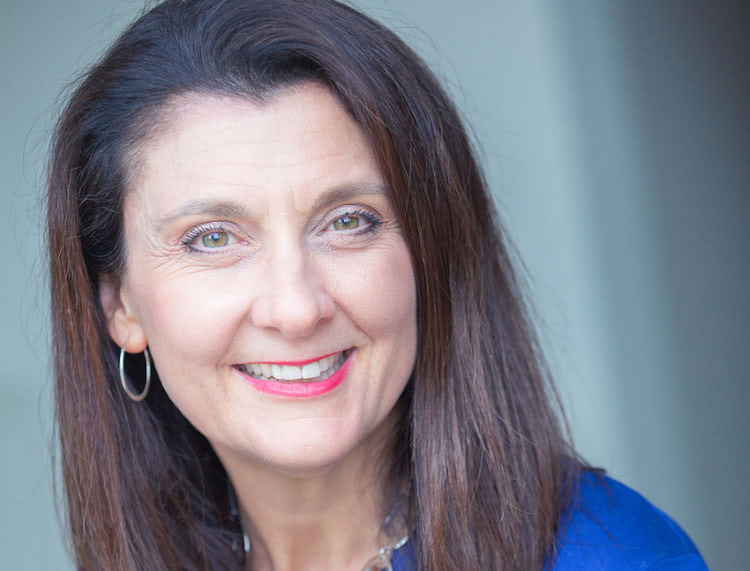Former teacher is calling for greater awareness of sexual harassment and assault in schools

A former teacher is calling for greater awareness of sexual harassment and assault in schools – as a government report found nearly a THIRD of school children experienced unwanted touching.
Clare, a trainer who heads Nova Associates to help build healthy relationships, runs free Mental Health Chats online to talk about difficult topics.
And during conversations with sexual abuse victims and the head of a recovery charity she found a common theme was a fear of speaking out.
Clare, an international coach based in Bristol, said: “We need to speak about sex with our children early-on, so they better understand consent and acceptable behaviour.”
The mum-of-four, who was a school governor for to help protect children’s welfare, has delivered mental health training to schools across the city.
Clare, a Mental Health First Aid Instructor who helps people in schools and organisations have hard conversations, said: “Sexual assault has a long-lasting impact on a person and it would be better if we could help stop would-be perpetrators early on.
“It helps to raise awareness among those who safeguard children – be it teachers, parents or coaches – to know the signs to look out for if a child has been affected.
“We need to have those difficult conversations, use the correct words rather than euphemisms, and find the best way to support children who have been harmed.”
A government report found that a third of girls and six per cent of boys reported sexual harassment at school – and thousands received counselling for sexual assault.
But children may struggle to speak out for fear of consequences, self-blame and feelings of helplessness. Abusers also often try to prevent children from telling someone.
Listen, believe, support
Somerset and Avon Rape and Sexual Abuse Support (SARSAS) is one of the leading specialist centre for recovery following rape and sexual violence in the South West.
The team, which campaigns for early intervention to help prevent attacks, has the motto ‘listen, believe, support’.
CEO Claire Bloor said: “If a child speaks with you about a sexual assault or abuse, it’s important to listen, let them speak at their own pace, and let them know you believe them.
“If someone is dismissed, such as questioned if they are sure about what happened, then it can take years before they will speak out again.
“Education is really important, but we can’t only place the burden on children to protect themselves from sexual assault. This needs to be everyone’s concern.”
Consent
Clare, who looks at how consensual touch can be beneficial for our wellbeing in her book Emotional Fitness: A-Z for Positive Mental Health, said: “Hugs and human contact can be good for us – provided it’s consensual. No child should have to put up with unwanted physical contact.”
Support and resources available:
- Clare Davis offers training to help people have difficult conversations and runs free Mental Health Chats, as well as a free 21-day programme to work on issues such as self-worth and healing: https://www.youtube.com/watch?v=X-ig_BPijLU&t=3s or https://www.novaassociates.co.uk/mental-health-chats
- SARSAS offers support for people who have experienced rape, sexual assault or abuse at any time in their lives: https://www.sarsas.org.uk/
- The Somerset Phoenix Project works alongside professionals and supports children, young people and families affected by sexual abuse. It provides free guide booklets for professionals, parents and carers and children and young people. www.somersetphoenixproject.org.uk
- Safe and Free offers a free education pack for schools to help prevent child sexual exploitation: https://www.safeandfree.co.uk/education-pack
- Barnardo’s is charity working to protect young people: https://www.barnardos.org.uk/what-we-do/protecting-children
- VictimFocus was founded by Dr Jessica Taylor and has launched a charter to encourage professionals to reduce victim-blaming. It includes free resources and access to research, including a ‘Caring for yourself after Sexual Violence’ course. https://www.victimfocus.org.uk/












Responses